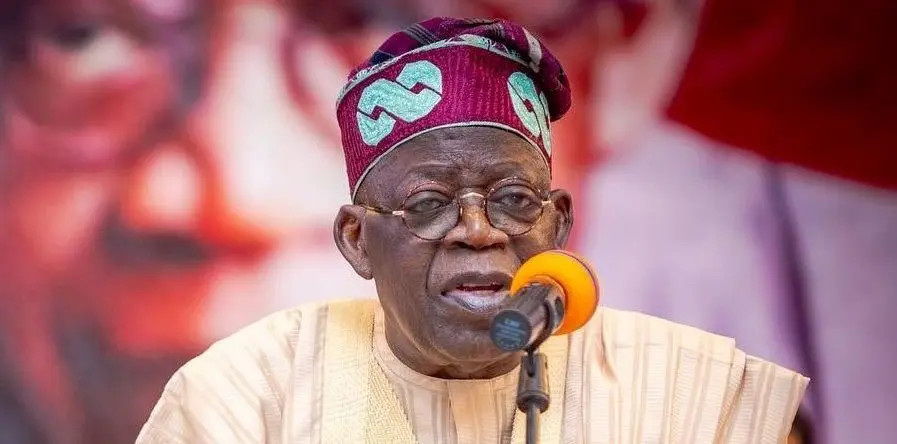The government has launched a number of programs that have shown to be ineffective in addressing the problem of the present inflationary trend, as the cost of goods and services keeps rising after the gasoline subsidy was removed.
Nigerians have persisted in wondering why, in spite of various attempts to address the country’s economic problems, the country’s problems have not been resolved. There are however many who maintain that Nigeria’s economy has stagnated due to the ongoing hiring of average candidates who aren’t qualified to help revive the country’s economy. It is a well-established truth that a nation’s economic serves as its lifeblood.
The following quotes from a British politician support this:
According to David Cameron, “an economy is the start and end of everything.” If your economy is weak, it is impossible to implement any kind of reform, including successful education reform. This translates to the importance of a country’s economy and how growth in that nation is impacted by it overall.
Nigerians have experienced unparalleled suffering since the election of President Bola Tinubu on May 29, which was preceded by the abrupt and unexpected elimination of fuel subsidies. The cost of food and other necessities has been rising nearly daily.
The official market saw the naira at N1,551.24 to the dollar, but the parallel market saw it approach N1,900 to the dollar. The National Bureau of Statistics states that as of
The headline inflation rate was 22.41% in May 2023, but it grew and reached a 27-year high in December when it reached 28.9%.
But according to the National Bureau of Statistics’ Consumer Price Index, which was released on Thursday, the rate of inflation increased to 29.90% in January 2024 while food prices have been steadily rising and the cost of necessities has tripled.
One of the most popular items in Nigeria, rice, was discovered to cost over N70,000 in November after formerly selling for between N45,000 and N50,000. Similarly, noodles, which were sold for between N1,900 and N2,000, now cost between N7,000 and N7,800 in Lagos.
Additionally, garri was Once available for N800 for a paint bucket, one of the cheapest foods is now sold for N2,500. On the other hand, a bag of beans that used to retail for between N22,000 and N25,000 now costs between N75,000 to N80,000.
Similarly, since the withdrawal of the gasoline subsidy, the cost of transportation has skyrocketed as fares at most locations have tripled. Depending on the filling station, gas presently sells for between N600 and N650 per litre. This was prior to the N195 per liter price rise.
The NBS reports that when the price of Premium Motor Spirit increased dramatically, the average cost of bus transit across Nigerian cities increased from N649.59 in May 2023 to N1,285.41 in June 2023.
He claimed that if Dangote could claim that energy costs account for roughly 30% of their production costs, then one can only understand the struggles faced by small businesses. In order to ensure food security, he also exhorted the Tinubu-led administration to invest in agriculture.
He went on, “We believe that the Federal Government should promptly proclaim a state of emergency on agriculture so that there would be food sufficiency. It is a tragedy that Nigeria cannot use her arable lands to feed itself and improve the economy.

